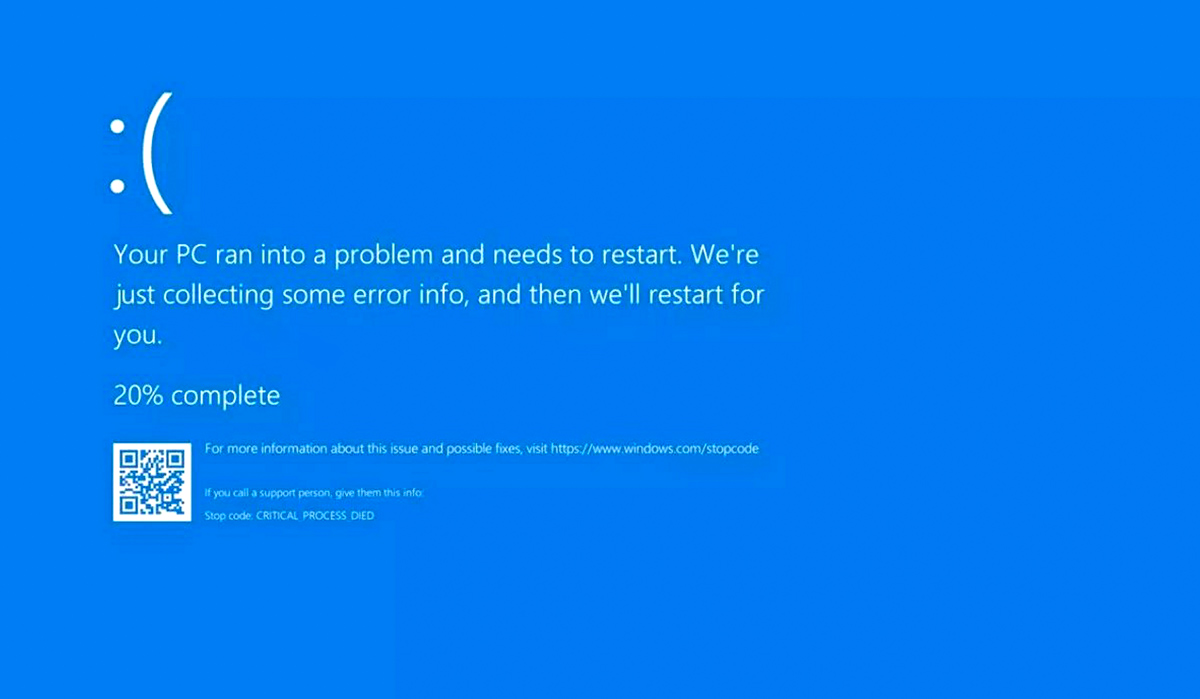If tech pervades our lives 360 degrees, how can it not throw its weight around in the union budget, too? Friday’s global tech outage, ostensibly from a Crowdstrike update to Microsoft computer systems that went horribly wrong, will only reinforce that technology — the good, bad and the ugly sides of it, sure needs more concerted efforts from the government.
In the interim budget from February this year, Finance Minister Nirmala Sitharaman announced a whopping Rs one lakh crore fund for research & development (R&D) in sunrise technologies (generally translated into AI, machine learning etc). She had also announced three centres of artificial intelligence (AI) to be set up in top universities. Tuesday’s full union budget, the first of Modi 3.0 is expected to go the whole hog.
Also Read | Microsoft outage hits global airlines, banking; SpiceJet, IndiGo, Akasa issue alerts
“The 2024 Union Budget (should) prioritise investments in digital infrastructure and offer incentives for research and skill development. These measures are important for building an ecosystem conducive to cutting-edge technologies such as SDV, AI, and IoT, strengthening cybersecurity measures, and enhancing IT exports,” said Hitesh Garg, India Country Manager at NXP Semiconductors.
Consultancy major Deloitte brought out a booklet of budget expectations related to AI calling for centralised data repositories, with the top ask being a call to accelerate research and development for the use of AI in various areas, including tax computation. With its social impact in mind, Deloitte partners Debashish Banerjee and Shrenik Shah also called for a public-private partnership, including crowdsourcing, to come up with solutions in anything from digitising lawsuits and judgements and using it as a triage for tax, property, marital litigations, lifestyle-data for health evaluation and education in Indian languages.
Also Read | Microsoft outage explained: The reason, impact and how the company responded
Equally a vexing topic will be cybersecurity. According to Check Point, businesses in India face more than 3,000 cyber attacks every week. If you take the phishing and other swindling that happens to regular citizens, it will be in manifold multiples of that.
“Key measures to bolster cybersecurity over the next five years (should) be prioritised,” said Ruchin Kumar, vice president (South Asia) of Futurex. “Amidst the nation’s rapid digitalisation, safeguarding a largely non-tech-savvy population from evolving cyber threats to financial and personal data is essential,” he said.
Kumar’s suggestion is to allocate funds to develop and strengthen cybersecurity frameworks across sectors including healthcare, BFSI and other critical infrastructure. He also called for a National Cybersecurity Policy. “A comprehensive national cybersecurity policy is pertinent, integrating the efforts of state and non-state actors,” he said, adding, “Collaboration among governmental and non-governmental agencies should be promoted to streamline cybersecurity efforts and share threat intelligence.”
Funding for capacity building and skill development, including upskilling for the workforce in light of AI and other evolving technologies will be another area the budget could well look at, through separate dole-outs to higher educational institutions and ITIs, something which Indian industry, too, has been asking for.



